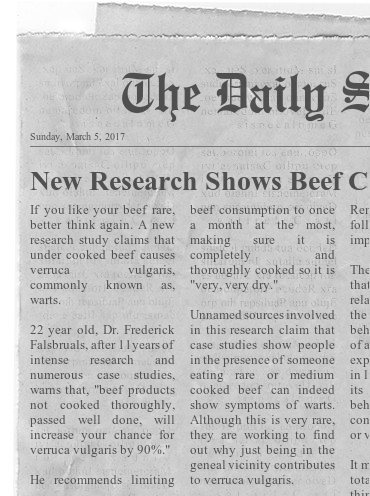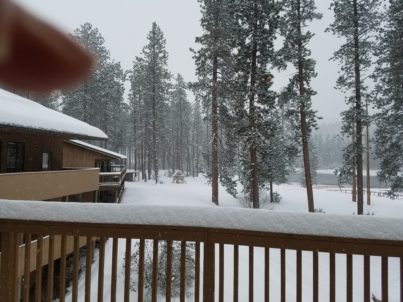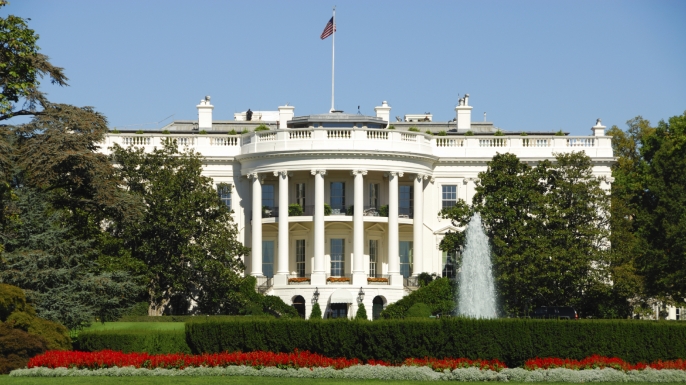
We live in an E-world, don’t we? “E” of course stands for the word “electronic.” So many things today are accomplished electronically, thanks to the Internet.
Sending a letter to someone that could take days to reach their physical mail box has almost been completely replaced with email, which takes seconds to arrive in someone’s email box. Many have tossed their fax machine and opted to use e-fax in its place.
Instead of going to the bank to transfer money, we can do it electronically by way of EFT – electronic funds transfer. Once it is set up online with your bank, a few clicks and the money magically moves from your account to theirs.
Legal documents needing a signature are so easy now. When we refinanced our home, all the preliminary documents came via email. I printed them, signed them, scanned them, and then emailed them back.
What about shopping online? E-commerce is big business. Billions of dollars are spent every year as people purchase items electronically from their computer. And eBay lets just about anyone sell their stuff online.
A number of companies have even adopted the “e” into their name to attract attention, like E-Trade, E-Polymers, and E-Ventures, to name a few. (Some might argue that Chuck was the first to proximately use the letter “E” in a business name. You know, Chuck E. Cheese, but that’s another story altogether.)
In The Cloud?
So where exactly is all this electronic information stored? The common answer is, “the Cloud,” which is a colloquial expression used to describe a variety of different types of computing concepts that involve a large number of computers connected through a real-time communication network. Simply put, there’s a lot of information stored on massive servers, e-storage if you like, referred to as, “the cloud.”
We live in an E-world. There’s no doubt about it. All that information is stored in some “cloud” somewhere, but, this e-world life of ours is still temporary.
A New E-world Is Coming!
There is a new life coming. It will be an “E” too – eternal life! There’s a day coming when we’ll be all done with emails and e-filings, and instead, born again ones will meet our Lord Jesus Christ, the Son of God, face to face! And that great meeting will take place in the literal clouds!
So, as nice and as handy as all this e-stuff is, I’m really looking forward to the new “E-Life:” eternal Life and meeting my lord and savior face to face. How about you? E-nuff said.
 ou may have heard about the free 7-Day Family Challenge from the Ziglar Family!
ou may have heard about the free 7-Day Family Challenge from the Ziglar Family!








